Andorran Honey Cakes A Taste Of The Pyrenees
10 min read Discover the rich flavors and cultural heritage of Andorran honey cakes, a sweet delight rooted in Pyrenees traditions. July 23, 2025 18:05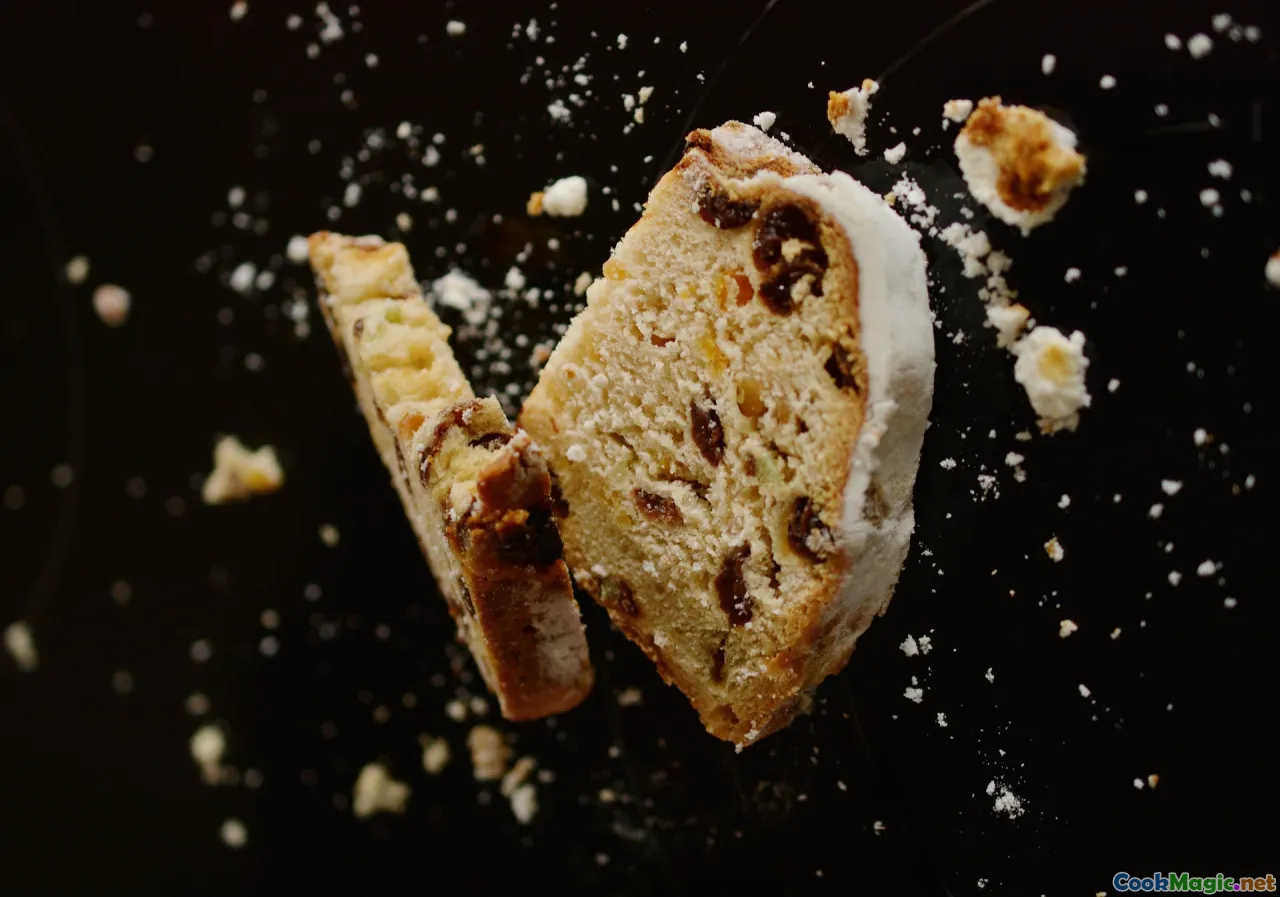
Andorran Honey Cakes: A Taste Of The Pyrenees
Nestled within the rugged beauty of the Pyrenees, the small principality of Andorra is a treasure trove of culinary traditions, each flavor echoing the mountains’ wilderness and age-old ways of life. Among these delights, honey cakes — or tapenades d'Andorra as locals affectionately call them — are emblematic of the country’s rich heritage, capturing centuries of pastoral artistry, sweet sensuality, and community bonding.
Imagine walking through narrow cobbled streets lined with stone houses, their facades fragrant with Alpine herbs and the subtle scent of local honey wafting through the air. Here, the humble yet sumptuous honey cake tells a story of resilience, tradition, and exquisite simplicity that is worth savoring. Let’s journey into the heart of Andorran cuisine and discover how these honey cakes are more than just sweets — they’re a taste of the Pyrenees.
The Cultural Soul of Andorran Honey Cakes
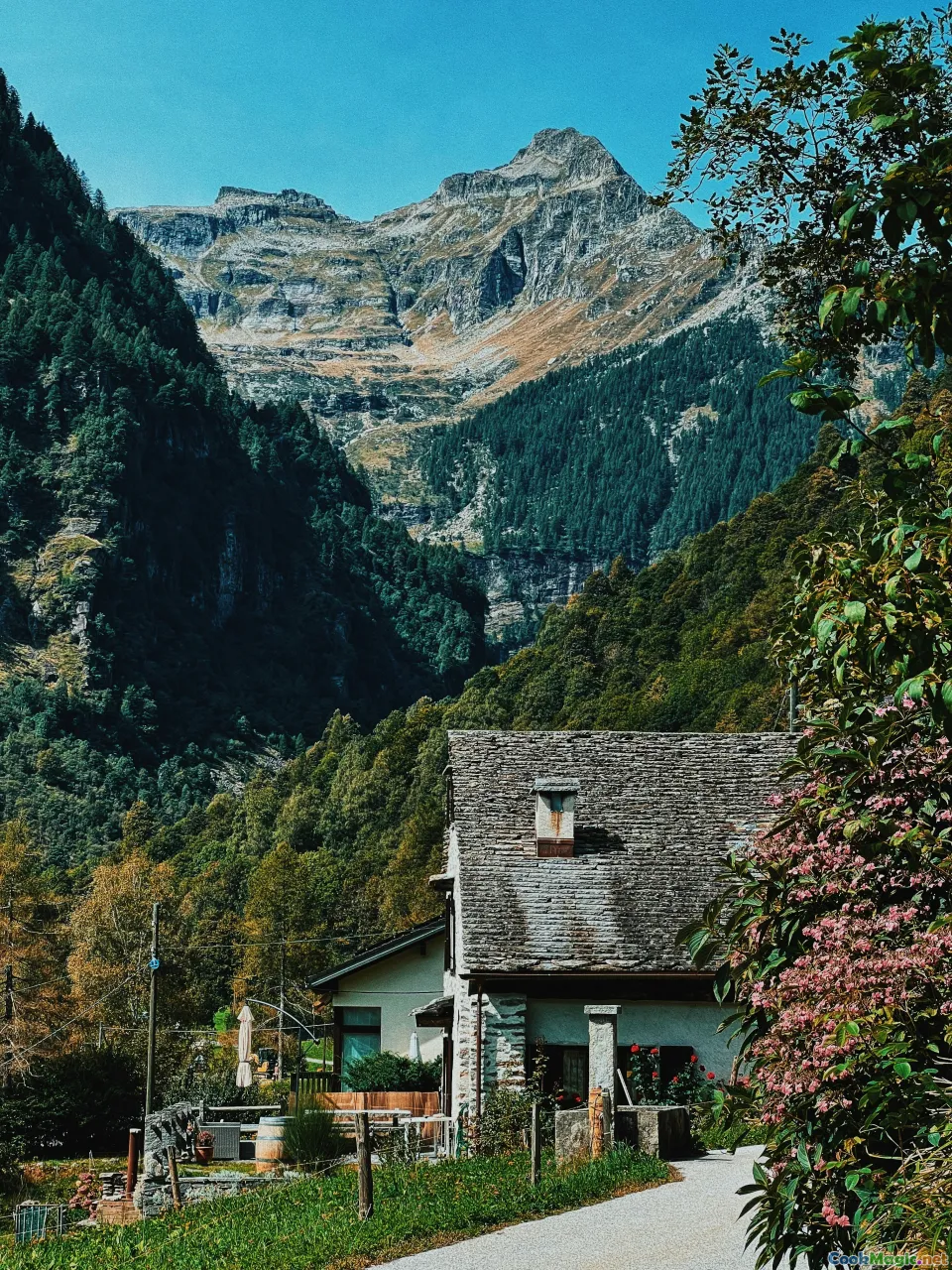
Andorran honey cakes are more than a culinary treat; they’re a symbol of the land’s pastoral roots. For generations, mountain beekeepers have tended their hives in the wildflower-rich valleys and rugged cliffs, harvesting golden honey that embodies the flora’s diversity—from wild thyme and mountain lavender to the fragrant heather. This honey, prized for its deep, floral aroma and thick, mellow sweetness, forms the core ingredient for these cakes.
Tucked away in rustic bakeries or prepared during local festivals, honey cakes bear witness to the intimate bond between Andorran people and their landscape. Using traditional recipes passed down through generations, bakers craft these confections with patience and reverence, reflecting a philosophy that celebrates simplicity, quality, and harmony with nature.
Ingredients & Traditional Methods
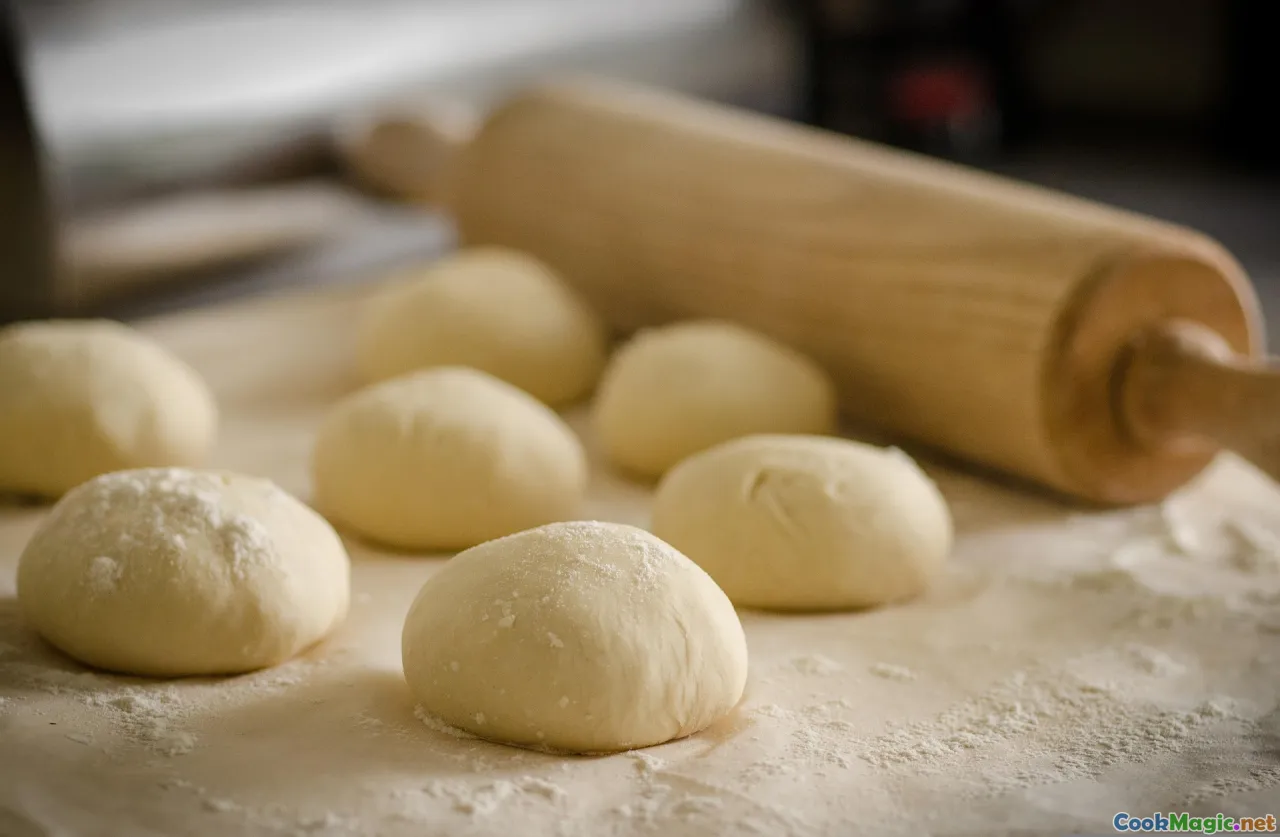
Authentic Andorran honey cakes rely on a modest list of high-quality ingredients:
- Local honey: Rich, aromatic, and unfiltered, sourced from mountain apiaries.
- Flour: Typically mixed wheat and sometimes rye, lending a hearty texture.
- Almonds or walnuts: For added crunch and depth.
- Eggs: Bind the mixture and add richness.
- Herbs and spices: A hint of cinnamon or anise for aromatic complexity.
- Butter or lard: For moisture and flavor.
The preparation involves gently heating the honey with a touch of butter or lard until combining into a fragrant syrup. This syrup is then mixed with the dry ingredients to form a pliable dough or batter, which is shaped into rounds, bars, or traditional diamond shapes. Once assembled, honey cakes are baked at moderate temperatures until golden, their edges crisp, and interiors delightfully moist and tender.
Tasting and Textural Experience

When finally sliced, a honey cake reveals layers of dense crumb coated with a glossy honey glaze. The first bite teases a complex mosaic of textures: a slightly chewy exterior with a tender and moist interior that dissolves gently on the palate.
The flavor profile is a balance of mellow sweetness from the honey, a hint of toasted nuts, and subtle earthy notes from herbs or spices. Aromatic hints of mountain thyme and wildflower pollen infuse the air as you savor each mouthful, evoking images of sun-dappled meadows and mountain breezes.
Regional Variations and Personal Touches

While the core principles remain constant, regional and familial variations bring diversity to Andorran honey cakes. Some bakers add a splash of local wine or grappa to intensify richness; others incorporate dried fruits like figs or prunes for added sweetness and texture.
Families often have treasured recipes, handed down from ancestors, with subtle tweaks that make each honey cake a personal signature. In mountain villages during festivals such as the Fiestas de Sant Jordi or the winter Christmas markets, these cakes appear in countless forms — from tiny, bite-sized confections to elaborate layered slices.
Pairings and Serving Suggestions
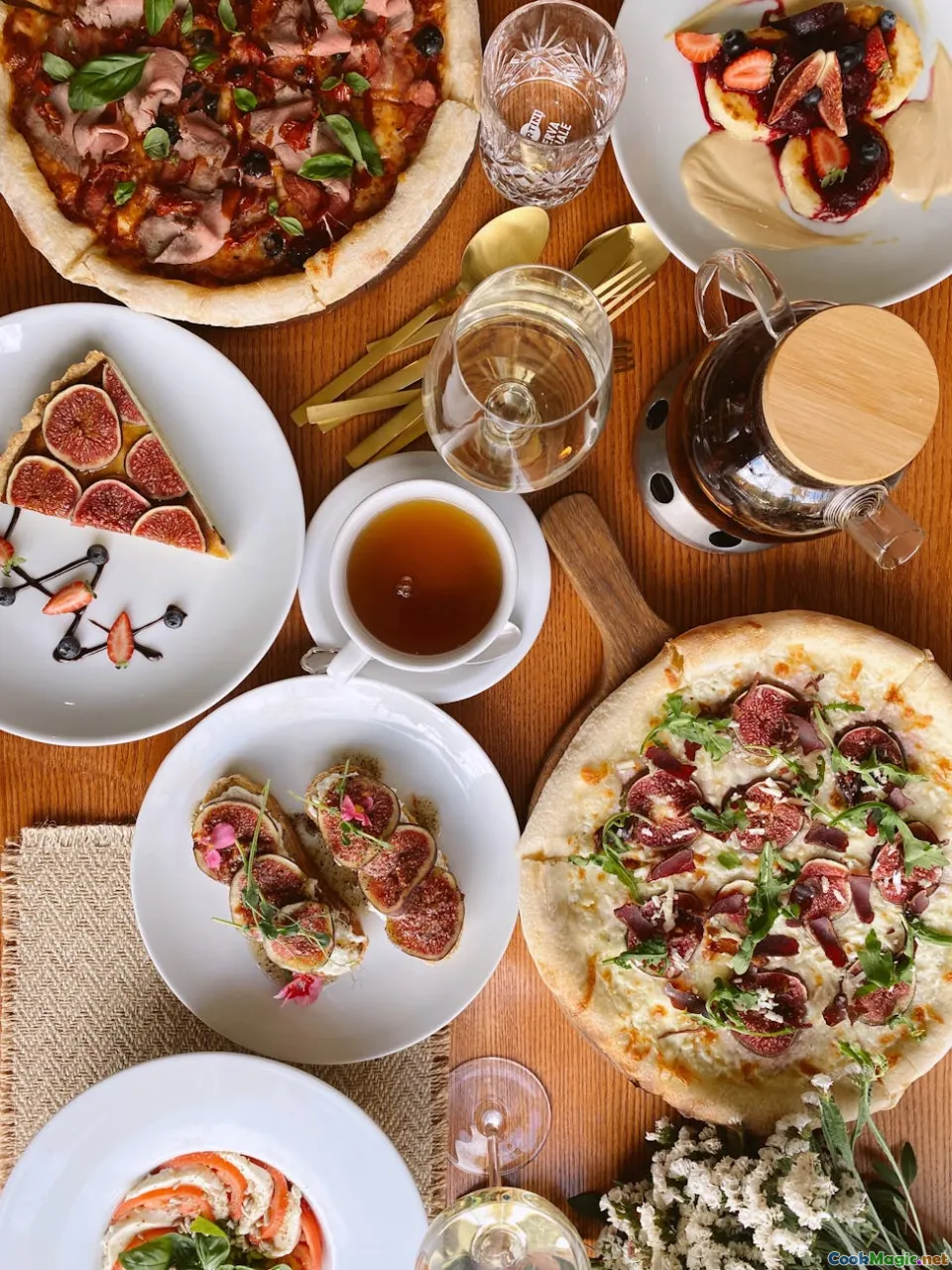
Traditionally enjoyed with clear mountain spring water, honey cakes find delightful companions in local herbal teas—wild thyme, chamomile, or mountain mint—whose earthy aromas complement the sweetness beautifully. A drizzle of thick honey or a dollop of fresh cream can elevate their richness further.
In modern settings, they are often paired with a glass of Andorran cava or even a swirl of local caramel-infused liqueur, creating a celebration of flavors that harmonize with the Pyrenean spirit.
Culinary Insights and Tips for Making Honey Cakes
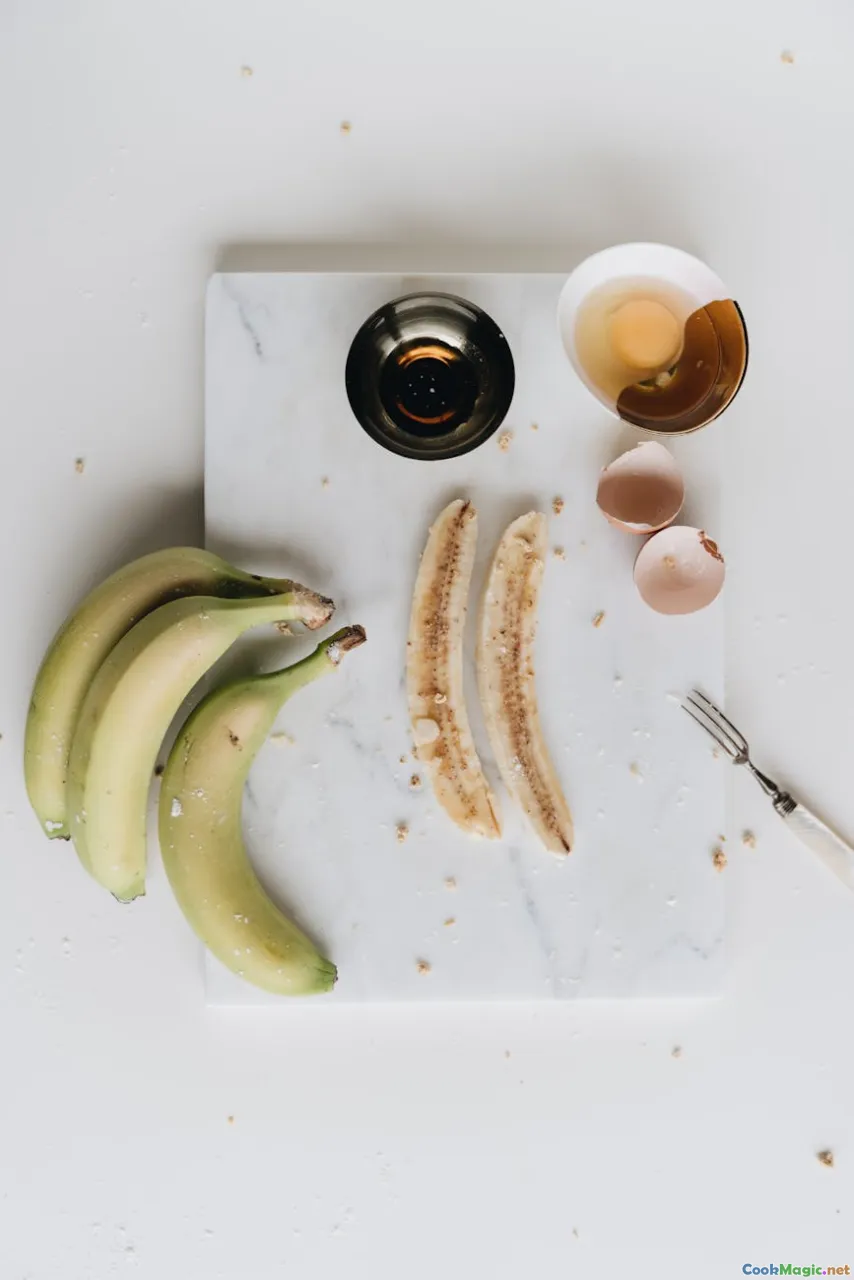
If you’re inspired to create your own Andorran honey cakes, here are some tips:
- Use mountain honey: Its unique floral profile is essential for authenticity.
- Respect traditional textures: Knotty, chewy, and moist but not dense.
- Add spices thoughtfully: A little cinnamon or anise enhances warmth without overpowering.
- Bake at moderate heat: To achieve a golden crust while maintaining moist interior.
- Let them rest: Allow the cakes to cool and mature overnight to deepen flavors.
Experimentation with nuts or dried fruits can enrich the traditional recipe, but remember that simplicity is key to capturing the essence of Andorran craftsmanship.
Personal Reflections and Cultural Significance

For residents of Andorra, honey cakes are woven into the fabric of community and celebration. During mountain festivals, they are offered as gifts of goodwill and shared among friends and family, symbolizing hospitality and continuity.
Participating in the process of baking these cakes—either in family kitchens or community ovens—connects individuals to their ancestors’ wisdom and the majestic Pyrenean landscape that nurtures their livelihood.
A bite into a honey cake isn’t just a moment of indulgence; it’s a nostalgic voyage, recalling mountain mornings, blooming wildflowers, and the timeless dance between human hands and nature.
Discovering Andorran Honey Cakes: A Culinary Journey
Stepping into the world of Andorran honey cakes is like opening a window into the soul of the Pyrenees. Each slice embodies stories of resilience, artistry, and the mountain’s silent watch over a community rooted in tradition and harmony.
So whether you’re savoring one in a cozy alpine café, attempting to recreate the magic at home, or simply dreaming of mountain meadows sprinkled with thyme and lavender, remember that these honey cakes are more than just desserts—they’re a heartfelt tribute to one of Europe’s most captivating natural frontiers.
Let this humble confection remind us that sometimes the most profound tastes are found in the simplest ingredients—honey, flour, and that shared grace of time-honored tradition. From the peaks of the Pyrenees to your plate, indulge in the sweet symphony of Andorran honey cakes and carry a piece of the mountains’ enduring spirit forward.









